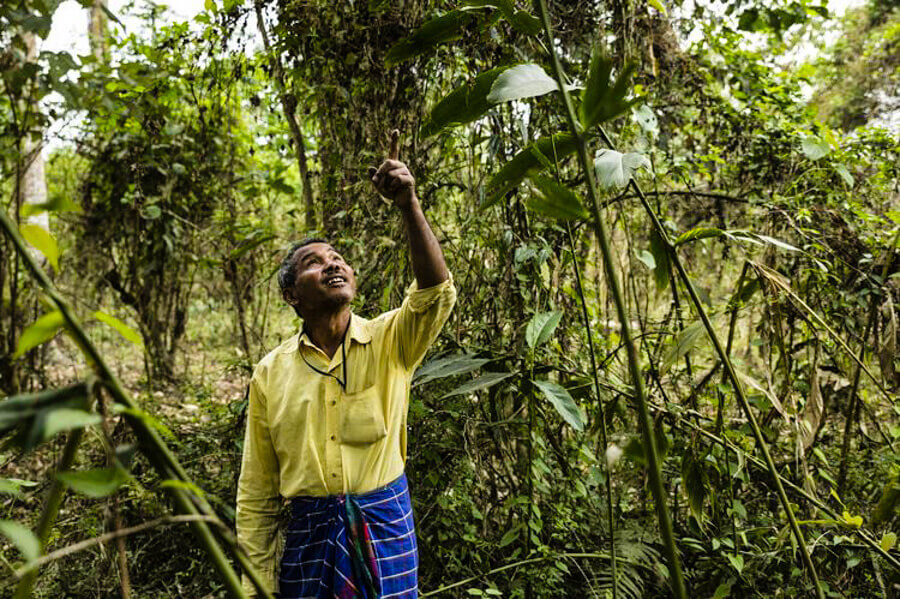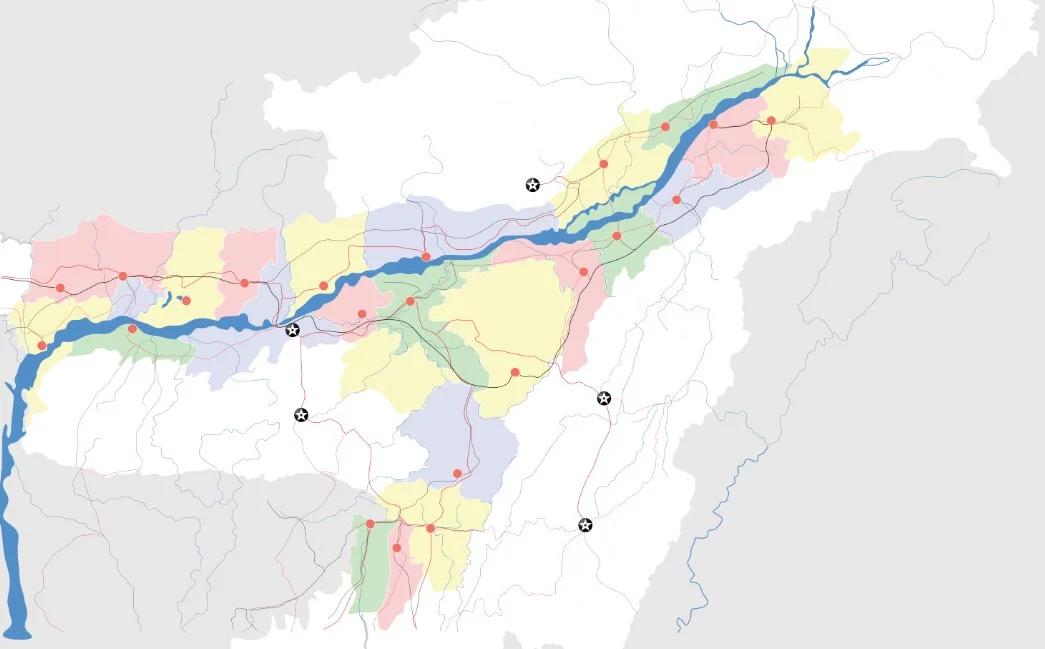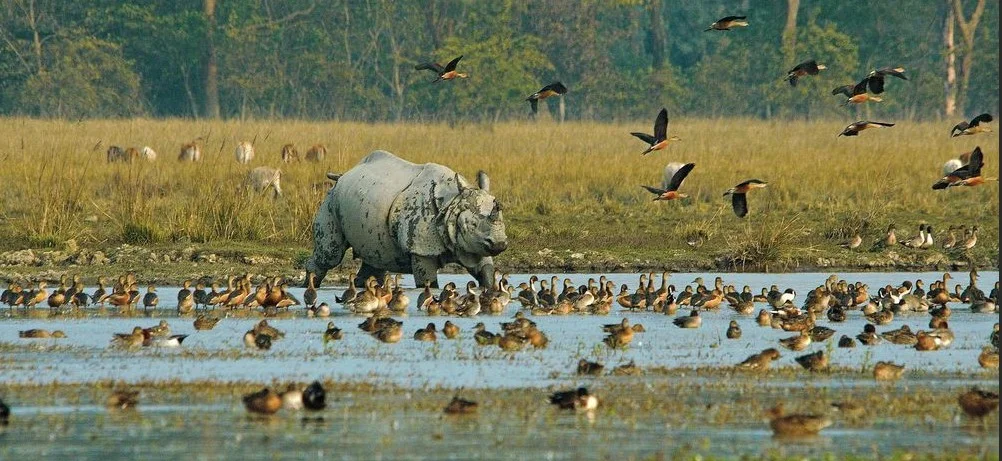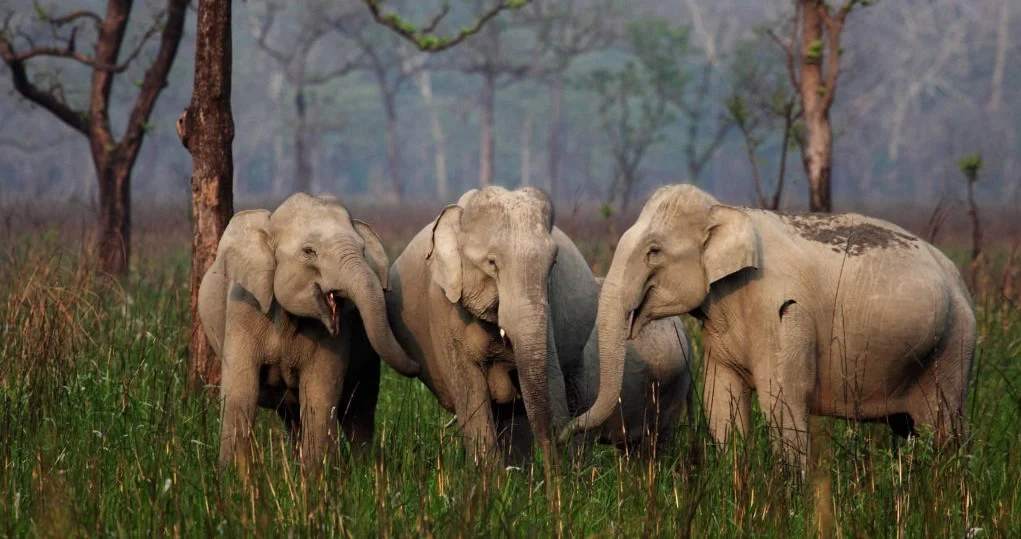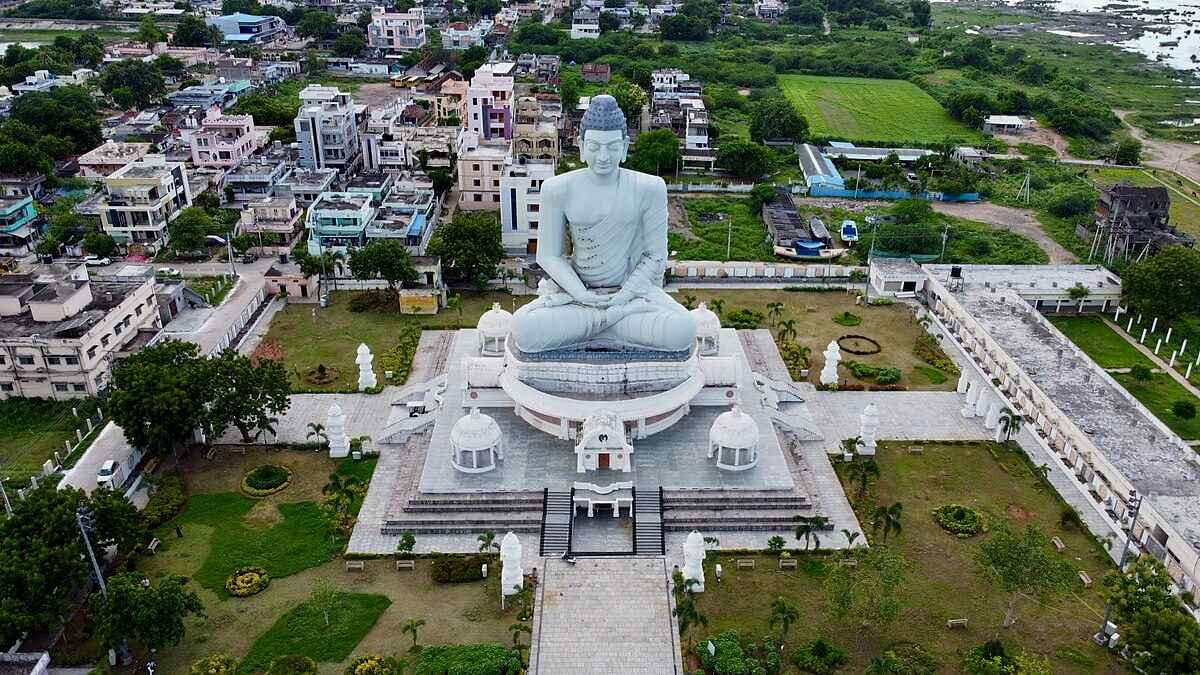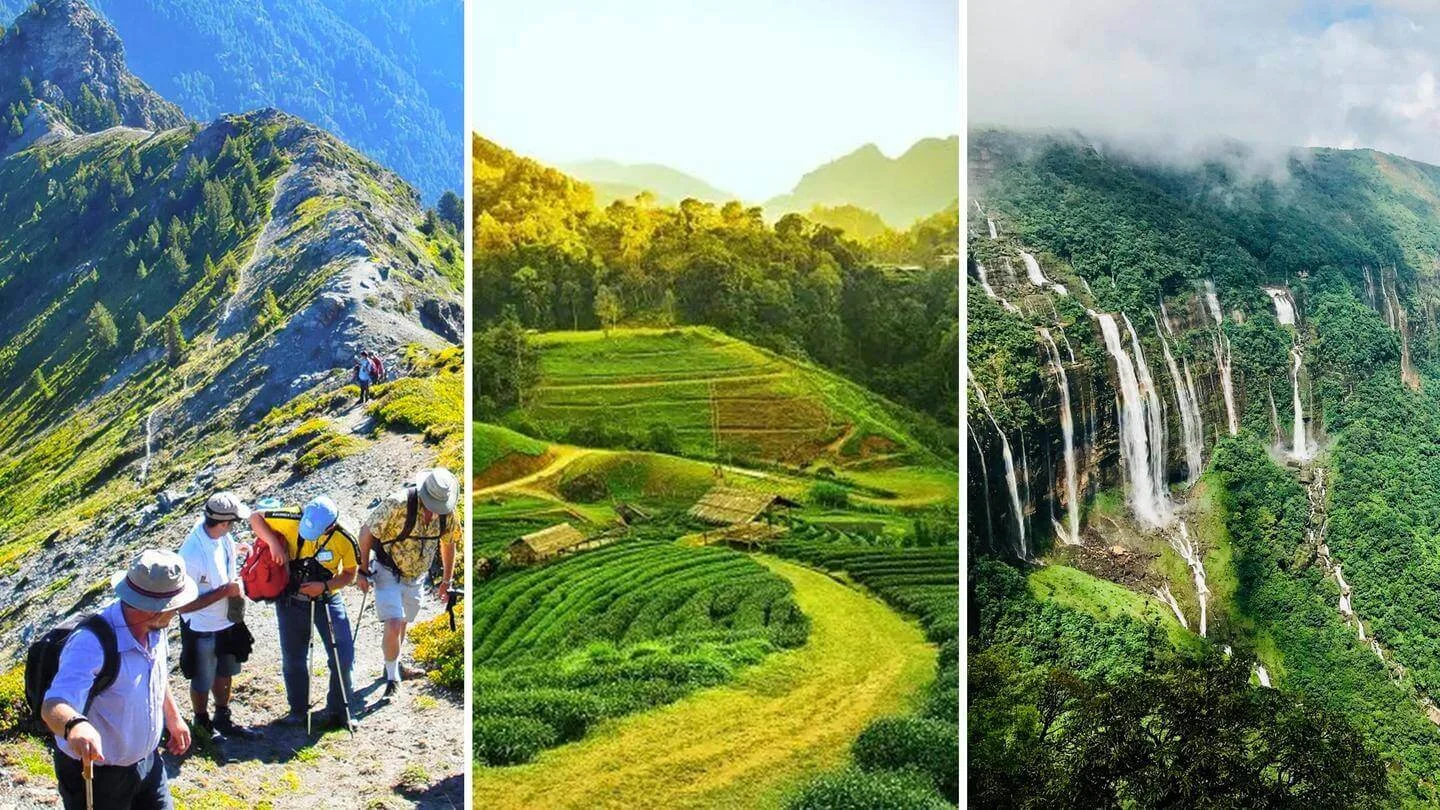Forest Man of India
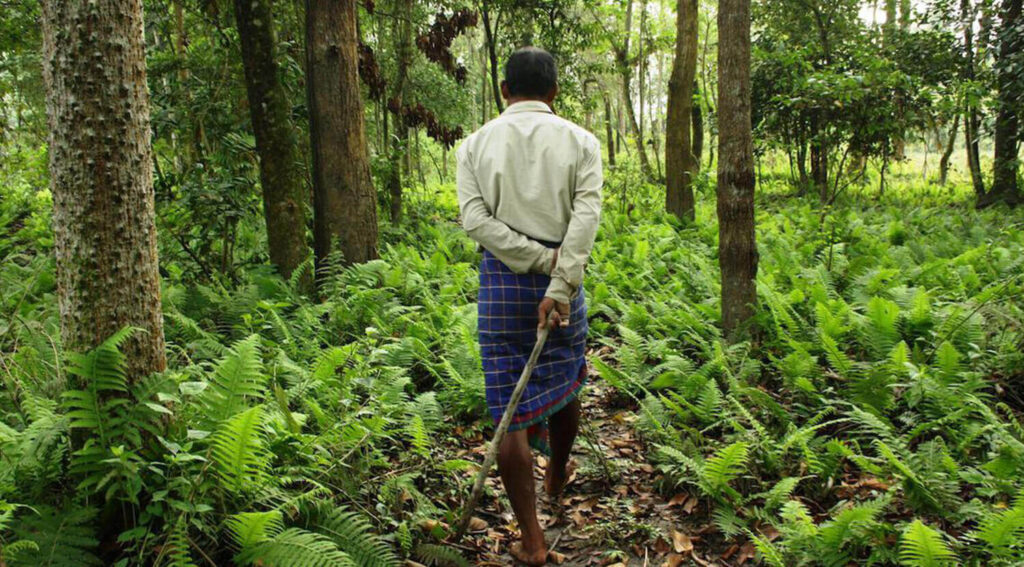
Introduction
The story of Jadav Payeng is one of unwavering dedication, environmental consciousness, and sheer determination. Born in 1959 in Jorhat, Assam, India, Payeng belongs to the indigenous Mising tribe. His journey began in 1979 when he was just 16 years old and witnessed a heartbreaking scene on a tree-less sandbar along the Brahmaputra River: a large number of snakes had perished due to excessive heat after floods washed them ashore. This incident ignited a spark within him, leading him to take action that would change the landscape forever.
Planting the Seeds of Transformation
At its core, “planting the seeds of transformation” embodies the idea that small, intentional actions can lead to significant and lasting change. Just as a tiny seed grows into a mighty tree, our choices and efforts have the power to shape our lives, communities, and the world.
Purposeful Beginnings:
Every transformation starts with a deliberate choice. Whether it’s a personal goal, a social movement, or an environmental initiative, we must plant the initial seeds by setting intentions and taking that first step.
Cultivating Resilience:
Like tending to a garden, we nurture our aspirations. We face challenges, setbacks, and storms, but resilience allows us to adapt, learn, and grow. The seeds we plant need care, attention, and patience.
Community and Collaboration:
Transformation rarely happens in isolation. We share our seeds—our ideas, passions, and dreams—with others. By collaborating, supporting, and learning from one another, we create a collective garden of change.
Sustainable Impact:
Just as a well-rooted tree provides shade for generations, our actions should aim for lasting impact. Planting seeds that benefit not only the present but also future generations ensures a sustainable legacy.
Blooming Beyond Ourselves:
Transformation extends beyond personal growth. When our seeds sprout, they touch lives, inspire movements, and contribute to a better world. We become part of a larger ecosystem of change.
The Birth of Molai Forest
The Molai Forest, nestled along the Brahmaputra River in Assam, India, is a testament to the power of one man’s vision and unwavering commitment. Here’s how it all began:
A Barren Sandbar
In 1979, a young man named Jadav Payeng stumbled upon a barren sandbar. The land was devoid of trees, lifeless, and exposed to the scorching sun. Witnessing the harsh conditions, Payeng felt compelled to make a difference.
Planting the First Seeds
With determination, Payeng planted around 20 bamboo seedlings on the sandbar. But he didn’t stop there. Year after year, he continued to nurture and plant more trees. His dream was to transform the desolate land into a thriving forest.
The Forest Takes Root
Over several decades, Payeng’s efforts bore fruit. The once barren sandbar transformed into the lush Molai Forest, covering approximately 1,360 acres (550 hectares). Here’s what the forest now boasts:
- Biodiversity: Molai Forest hosts diverse flora and fauna. Bengal tigers, Indian rhinoceros, deer, rabbits, and monkeys call it home.
- Bird Sanctuary: The forest is a haven for various bird species, including a significant vulture population.
- Tree Variety: Thousands of trees—valcol, arjun, ejar, goldmohur, koroi, moj, and himolu—create a rich tapestry of green.
Elephants and Poachers
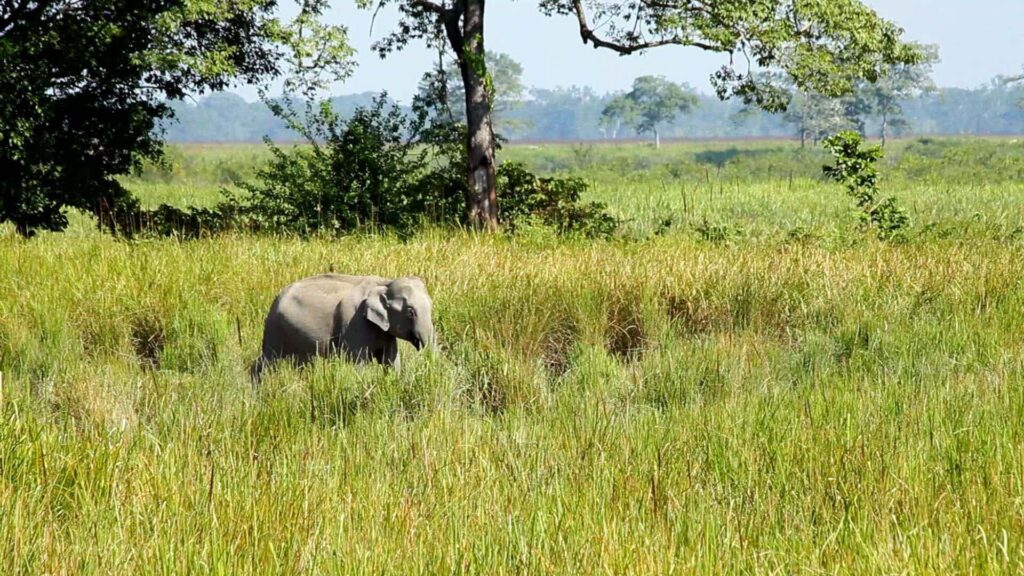
Word of the Molai Forest reached authorities in 2008. A herd of around 100 elephants now visits the forest annually. In 2013, poachers attempted to harm the rhinos residing there, but Payeng’s vigilance thwarted their plans.
Recognition and Legacy
In 2015, Jadav Payeng received the Padma Shri, India’s fourth-highest civilian award, for his extraordinary efforts. His story inspires us all to protect our planet—one tree at a time.
Elephants and Poachers
Elephants, majestic and intelligent creatures, have long captured our imagination. Unfortunately, they face a grave threat from poachers. Here’s a glimpse into this complex issue:
The Plight of Elephants
- Iconic Giants: Elephants are symbols of strength, wisdom, and grace. Their presence enriches ecosystems and cultures worldwide.
- Habitat Loss: Rapid urbanization and deforestation encroach upon their natural habitats, pushing elephants into smaller and fragmented spaces.
- Human-Elephant Conflict: As humans expand, conflicts arise—crop raids, property damage, and even loss of human lives.
The Dark World of Poaching
- Ivory Trade: Poachers hunt elephants for their tusks, which fetch high prices in illegal ivory markets.
- Tusks and Tragedy: Each tusk represents a life lost—a magnificent creature slain for profit.
- Organized Crime: Poaching networks operate globally, fueled by greed and demand.
Conservation Efforts
- Anti-Poaching Units: Dedicated teams work tirelessly to protect elephants from poachers.
- Community Involvement: Engaging local communities in conservation efforts is crucial.
- Education and Awareness: Educating people about the importance of elephant conservation fosters empathy and action.
Hope for the Future
- Wildlife Sanctuaries: Creating safe havens for elephants ensures their survival.
- Transnational Cooperation: International collaboration is essential to combat poaching.
- Tourism with Purpose: Responsible wildlife tourism generates funds for conservation.
Recognition and Legacy
Jadav “Molai” Payeng, also known as the Forest Man of India, is an environmental activist and forestry worker from Majuli, Assam. His remarkable story revolves around his tireless efforts to transform a barren sandbar into a lush green forest. Here are the key points about Jadav Payeng and his legacy:
Background and Beginnings:
- In 1979, when he was just 16 years old, Jadav Payeng encountered a large number of snakes that had died due to excessive heat after floods washed them onto a tree-less sandbar along the river Brahmaputra.
- Driven by compassion and a desire to restore the ecosystem, he planted around 20 bamboo seedlings on the sandbar.
The Molai Forest:
- Over the next several decades, Jadav Payeng continued to plant trees on his own, gradually transforming the barren land into a thriving forest.
- The forest, now known as the Molai forest, covers approximately 1,360 acres (550 hectares) near Kokilamukh in Jorhat, Assam.
- Molai forest is home to Bengal tigers, Indian rhinoceros, deer, rabbits, monkeys, and various bird species, including vultures.
- Thousands of trees, including valcol, arjun, ejar, goldmohur, koroi, moj, and himolu, thrive in this green oasis. Bamboo covers an area of over 300 hectares.
Recognition and Legacy:
- In 2010, on World Earth Day, the Government of India conferred upon Jadav Payeng the title of “The Forest Man” for his extraordinary achievement.
- His relentless dedication turned a once-barren land into a flourishing forest, demonstrating the power of individual action in environmental conservation.
- In 2015, he received the prestigious Padma Shri, India’s fourth-highest civilian award, in recognition of his remarkable contribution.
Jadav Payeng’s story serves as an inspiring example of how one person’s commitment and love for nature can create a lasting impact. His legacy continues to inspire environmentalists and conservationists worldwide.
Conclusion:
Jadav Payeng’s remarkable journey from a determined teenager to the renowned “Forest Man of India” exemplifies the profound impact one individual can have on the environment. His unwavering commitment to reforesting a barren sandbar along the Brahmaputra River transformed it into the lush Molai forest, spanning over 1,360 acres.
Through his tireless efforts, Payeng not only revived the ecosystem but also provided a sanctuary for diverse wildlife, including Bengal tigers, Indian rhinoceros, and various bird species. His legacy extends beyond Assam, inspiring environmentalists worldwide to take action and protect our planet.
In 2010, he received the well-deserved title of “The Forest Man,” and in 2015, the prestigious Padma Shri recognized his extraordinary contribution. Jadav Payeng’s story serves as a beacon of hope, reminding us that individual actions can create lasting change for generations to come.
FAQ’s
Q. Who is Jadav Payeng?
A: Jadav Payeng is an environmental activist and forestry worker from Majuli, Assam, India. He is popularly known as the Forest Man of India.
Q. How did Jadav Payeng start his mission?
A: In 1979, when he was just 16 years old, Jadav encountered a large number of snakes that had died due to excessive heat after floods washed them onto the tree-less sandbar.
Q. What is the Molai forest?
A: The Molai forest covers approximately 1,360 acres (550 hectares) near Kokilamukh in Jorhat, Assam.
Q. What is Jadav Payeng’s legacy?
A: His story inspires environmentalists worldwide, demonstrating the power of individual action in creating lasting impact.


